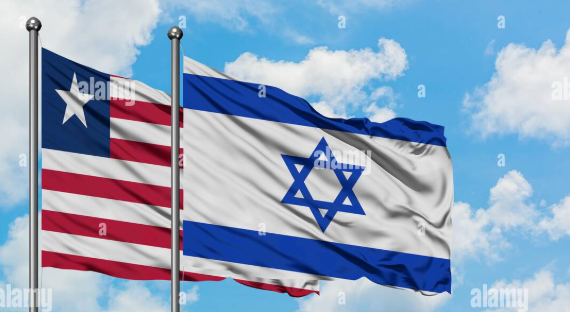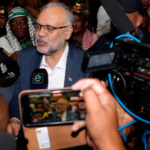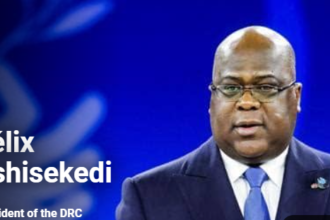Monrovia, Liberia – Liberia and Israel are exploring a deeper strategic alliance that could encompass areas ranging from agriculture and technology to security and infrastructure development. While details remain scarce, the prospect of closer ties has sparked debate within Liberia, with some hailing it as a potential catalyst for growth and others expressing concerns about potential risks and implications.
The Liberian government, emphasizing the potential for economic development, points to Israel’s renowned expertise in areas critical to the nation’s progress. “Israel has overcome significant challenges to become a leader in innovation and technology, particularly in agriculture and water management,” stated a government official who wished to remain anonymous. “These are areas where Liberia can greatly benefit, allowing us to improve food security, create jobs, and foster sustainable development.”
Indeed, Israel’s drip irrigation technology and agricultural advancements could revolutionize Liberia’s farming sector, which currently relies heavily on rain-fed agriculture and struggles with low yields. Furthermore, Israeli expertise in cybersecurity and technological infrastructure could prove invaluable in bolstering Liberia’s digital economy and protecting against cyber threats.
Beyond economic benefits, proponents of the alliance also point to potential security advantages. Israel’s extensive experience in counter-terrorism and national security could strengthen Liberia’s capacity to address internal security challenges and protect its borders. This is particularly relevant in a region grappling with instability and cross-border threats.
However, the proposed alliance also faces scrutiny and skepticism. Some critics express concerns about potential geopolitical implications, particularly given the complex dynamics surrounding the Israeli-Palestinian conflict. Questions are being raised about Liberia’s neutrality in international affairs and whether closer ties with Israel could alienate other potential partners.
“We need to carefully consider the broader implications of this alliance,” argues Jones N. Williams, a public philosopher and public policy professional. “While technological and economic benefits are attractive, we must ensure that our foreign policy remains balanced and serves the best interests of all Liberians.”
Furthermore, some are wary of potential strings attached to Israeli aid and investment. Concerns have been voiced about potential pressure on Liberia to adopt certain political positions or support Israeli policies in international forums. Transparency and accountability will be crucial in ensuring that any agreements reached are mutually beneficial and respect Liberia’s sovereignty.
Moreover, the success of any strategic alliance hinges on effective implementation and management. Liberia’s history of corruption and weak governance poses a significant challenge. Without robust oversight and transparent mechanisms, the potential benefits of the alliance could be undermined by mismanagement and misappropriation of resources.
As Liberia and Israel continue to explore this potential partnership, it is imperative that the Liberian government engage in open and inclusive dialogue with civil society, political stakeholders, and the public. A comprehensive assessment of the potential benefits and risks, coupled with a clear and transparent framework for cooperation, is essential to ensure that any strategic alliance truly serves the interests of the Liberian people and contributes to the nation’s long-term development.
The coming months will be crucial in determining the scope and nature of this strategic alliance, and whether it will ultimately prove to be a boon or a burden for Liberia. The world will be watching closely to see how this developing partnership unfolds.









